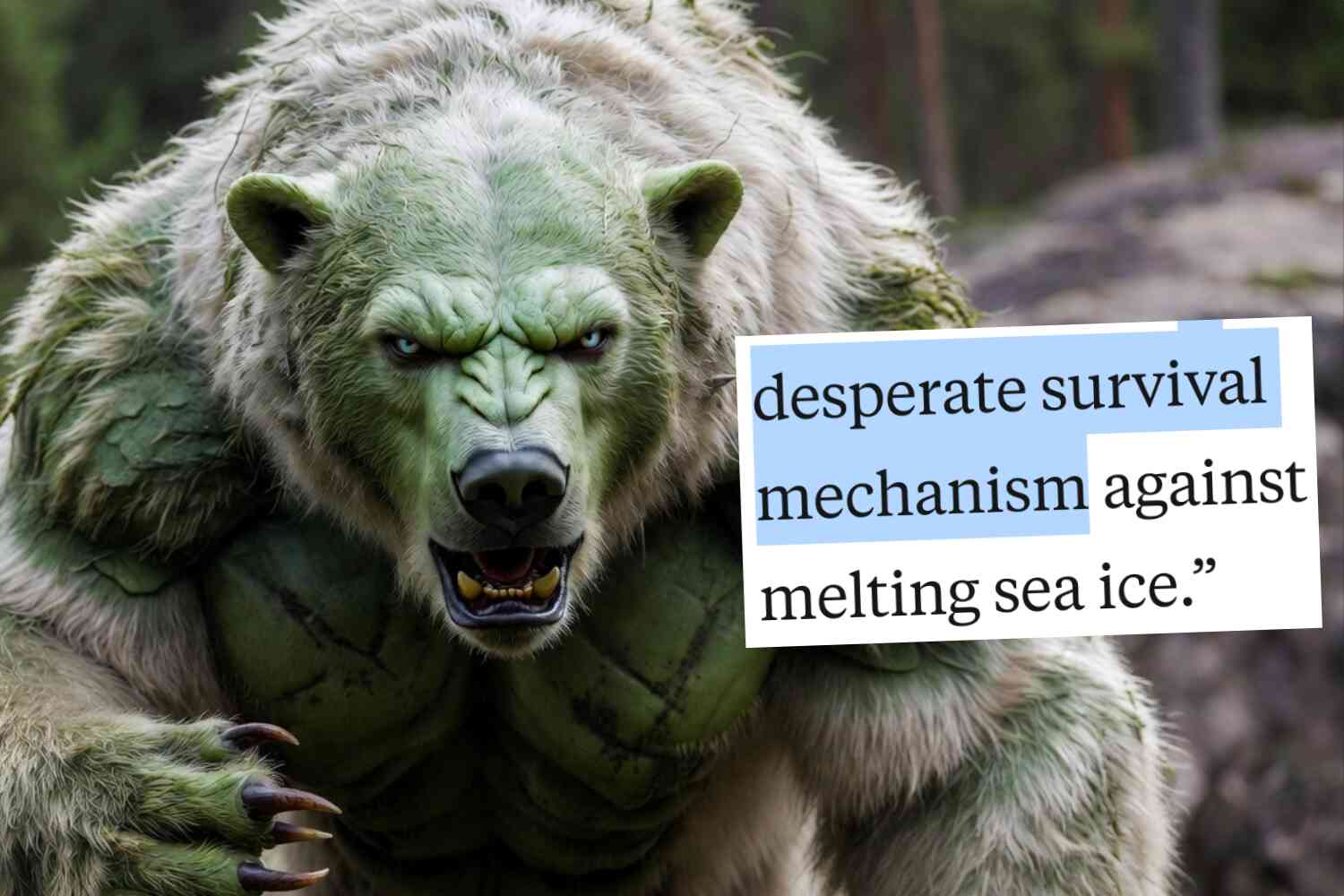Uri Berliner, a senior business editor at NPR, has been with the publicly-funded liberal-leaning news organization for 25 years.
What he's seen during that time will either surprise you or not surprise you in the slightest, depending on whether or not you've been paying attention.
"An open-minded spirit no longer exists within NPR," Berliner explains. "And now, predictably, we don't have an audience that reflects America."
Most of us already knew about NPR's liberal bias (more of an anti-conservative bias if you ask me), but Uri Berliner gives us an insider's perspective on the publicly-funded news organization which is long overdue.
Let's look at some of the main points he gets at in this giant op-ed, starting with the overwhelming liberal bias within the organization.
Back in 2011, although NPR's audience tilted a bit to the left, it still bore a resemblance to America at large. Twenty-six percent of listeners described themselves as conservative, 23 percent as middle of the road, and 37 percent as liberal.
By 2023, the picture was completely different: only 11 percent described themselves as very or somewhat conservative, 21 percent as middle of the road, and 67 percent of listeners said they were very or somewhat liberal. We weren't just losing conservatives; we were also losing moderates and traditional liberals.
The audience is one thing, but take a look at what the newsroom demographics look like when you start pushing liberal ideology on your audience instead of reporting the news:
Concerned by the lack of viewpoint diversity, I looked at voter registration for our newsroom. In D.C., where NPR is headquartered and many of us live, I found 87 registered Democrats working in editorial positions and zero Republicans. None.
So on May 3, 2021, I presented the findings at an all-hands editorial staff meeting. When I suggested we had a diversity problem with a score of 87 Democrats and zero Republicans, the response wasn't hostile. It was worse. It was met with profound indifference.

87 libs, ZERO conservatives.
Never would've guessed, NPR!
Okay, now let's look at some of the stories NPR not only got wrong, but simply let die after they were found out to be wrong, instead of, you know, admitting they were wrong and correcting themselves.
Persistent rumors that the Trump campaign colluded with Russia over the election became the catnip that drove reporting. At NPR, we hitched our wagon to Trump's most visible antagonist, Representative Adam Schiff.
Schiff, who was the top Democrat on the House Intelligence Committee, became NPR's guiding hand, its ever-present muse. By my count, NPR hosts interviewed Schiff 25 times about Trump and Russia. During many of those conversations, Schiff alluded to purported evidence of collusion. The Schiff talking points became the drumbeat of NPR news reports.
But when the Mueller report found no credible evidence of collusion, NPR's coverage was notably sparse. Russiagate quietly faded from our programming.
No corrections. No self-reflection. Just moving right on like all the other liberal news outlets, even though you're publicly-funded and owe an apology to those of us who pay your salary.
Now let's do Hunter Biden's laptop.
In October 2020, the New York Post published the explosive report about the laptop Hunter Biden abandoned at a Delaware computer shop containing emails about his sordid business dealings. With the election only weeks away, NPR turned a blind eye. Here's how NPR's managing editor for news at the time explained the thinking: "We don't want to waste our time on stories that are not really stories, and we don't want to waste the listeners' and readers' time on stories that are just pure distractions."
But it wasn't a pure distraction, or a product of Russian disinformation, as dozens of former and current intelligence officials suggested. The laptop did belong to Hunter Biden. Its contents revealed his connection to the corrupt world of multimillion-dollar influence peddling and its possible implications for his father.
The laptop was newsworthy. But the timeless journalistic instinct of following a hot story lead was being squelched. During a meeting with colleagues, I listened as one of NPR's best and most fair-minded journalists said it was good we weren't following the laptop story because it could help Trump.
When the essential facts of the Post's reporting were confirmed and the emails verified independently about a year and a half later, we could have fessed up to our misjudgment. But, like Russia collusion, we didn't make the hard choice of transparency.
Seems to be a trend here, NPR.
Last, Berliner looks at Covid — specifically, the lab leak theory.
The lab leak theory came in for rough treatment almost immediately, dismissed as racist or a right-wing conspiracy theory. Anthony Fauci and former NIH head Francis Collins, representing the public health establishment, were its most notable critics. And that was enough for NPR. We became fervent members of Team Natural Origin, even declaring that the lab leak had been debunked by scientists.
But that wasn't the case.
When word first broke of a mysterious virus in Wuhan, a number of leading virologists immediately suspected it could have leaked from a lab there conducting experiments on bat coronaviruses. This was in January 2020, during calmer moments before a global pandemic had been declared, and before fear spread and politics intruded.
Reporting on a possible lab leak soon became radioactive. Fauci and Collins apparently encouraged the March publication of an influential scientific paper known as "The Proximal Origin of SARS-CoV-2." Its authors wrote they didn't believe "any type of laboratory-based scenario is plausible."
…
We didn't budge when the Energy Department — the federal agency with the most expertise about laboratories and biological research — concluded, albeit with low confidence, that a lab leak was the most likely explanation for the emergence of the virus.
Instead, we introduced our coverage of that development on February 28, 2023, by asserting confidently that "the scientific evidence overwhelmingly points to a natural origin for the virus."
When a colleague on our science desk was asked why they were so dismissive of the lab leak theory, the response was odd. The colleague compared it to the Bush administration's unfounded argument that Iraq possessed weapons of mass destruction, apparently meaning we won't get fooled again.
Yeah dude, I think it's time to defund NPR. They're literally doing the bidding of the feds, which, I mean, is kind of their job as a state-run media organization. I'd rather my taxes don't go toward people who hate me though.
Thanks for blowing the whistle, Uri Berliner. Can't wait to see how they go about smearing your name.
P.S. Now check out our latest video 👇









